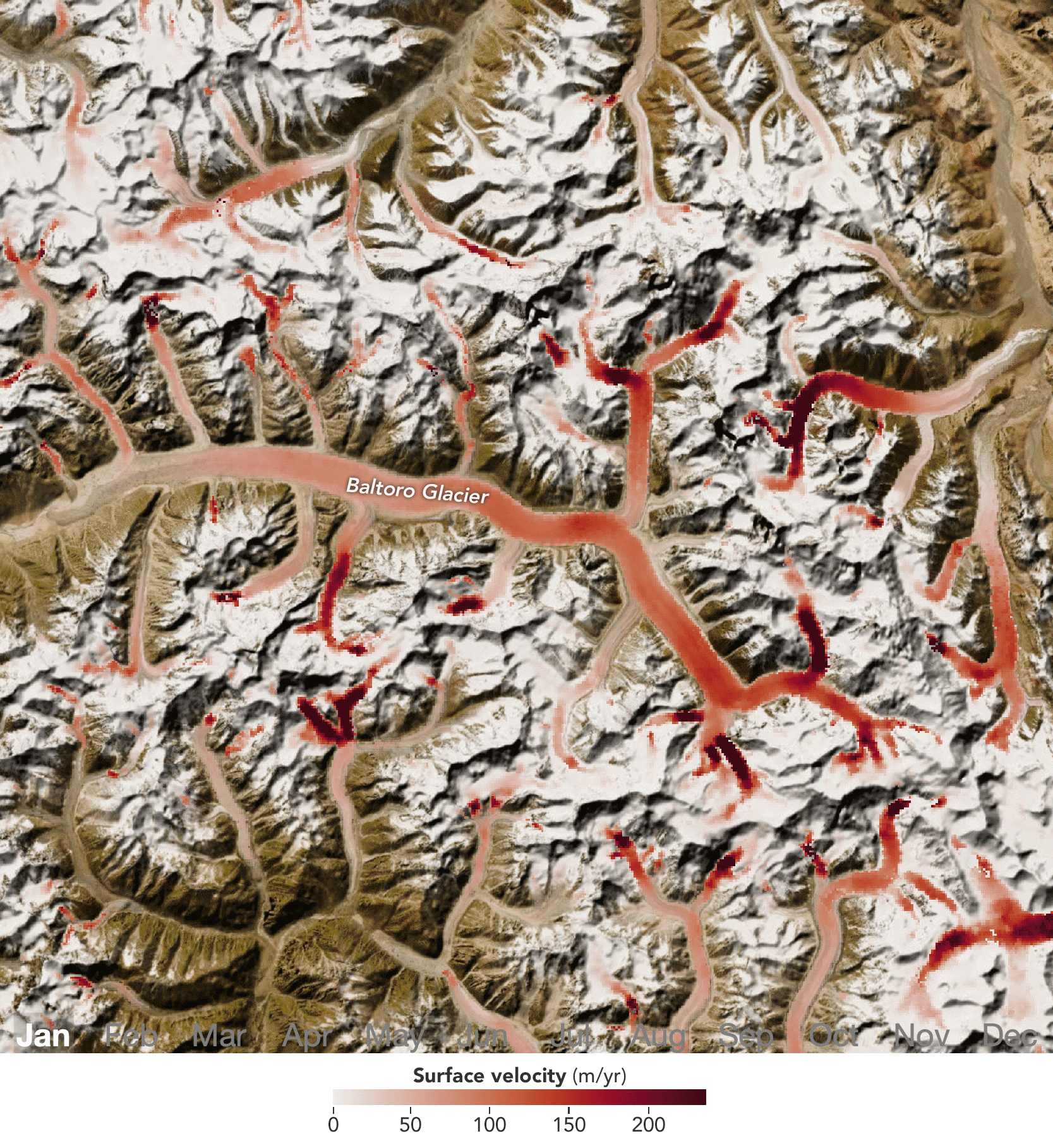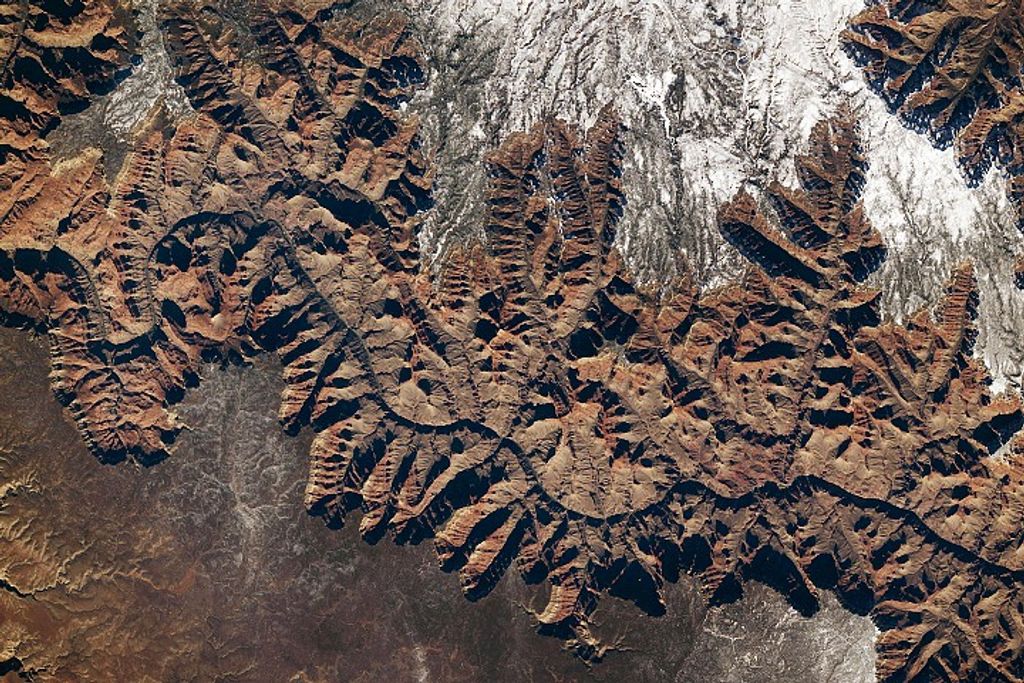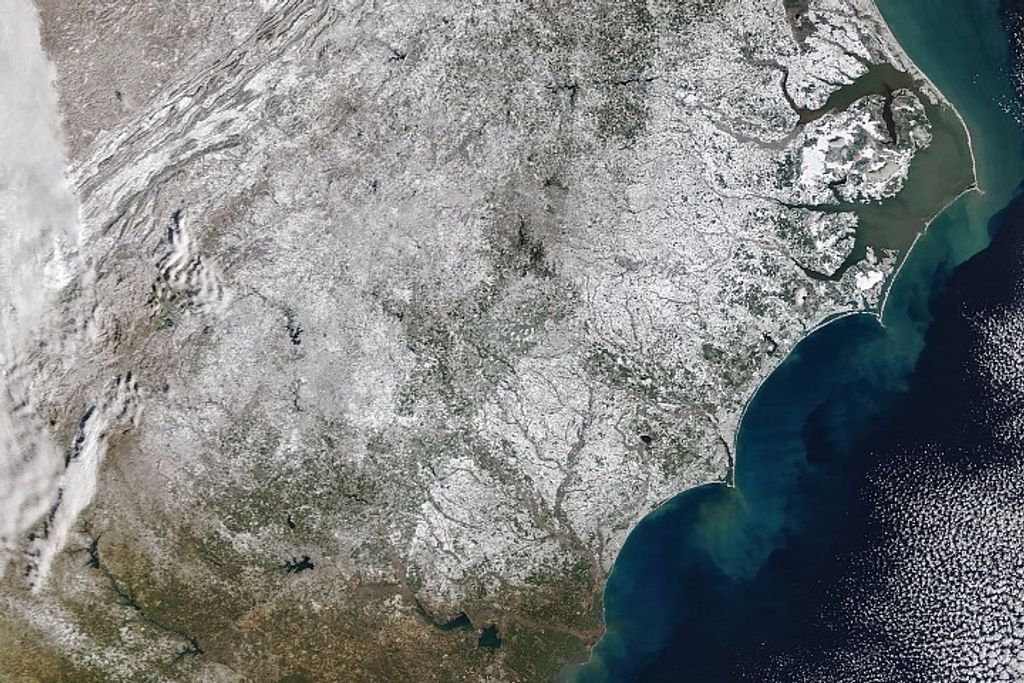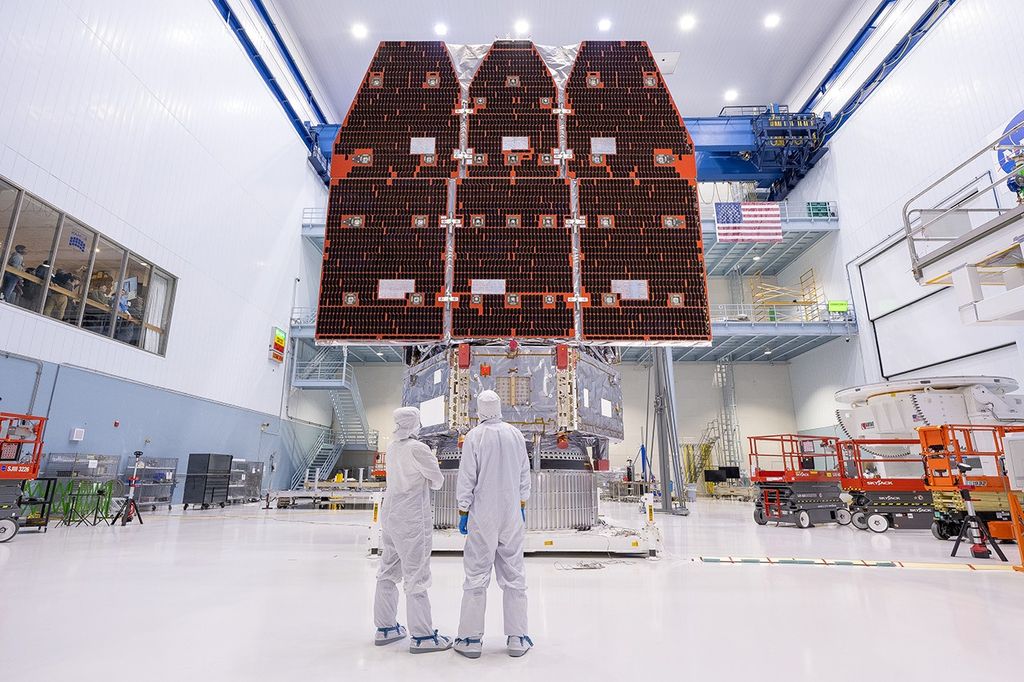Sharmila Bhattacharya
Contents
Personal Essay
We are often influenced by the people we love and respect, and certainly that has been true for me. As a 6- or 7-year-old child, I remember having a conversation with my father about careers. I was devoted to my Dad; he was a pilot and so, as a young child, I wanted to be a pilot, too. At the time, most of the pilots I saw around me were men, so I asked him, “Can I even be a pilot since I’m a girl?” “Well,” he said “you can be absolutely anything you want to be. You can be President of the country if that’s what you want to be.” Now, many years later, I am much older and have my own daughter, and I realize how important it was for me to hear those words as an impressionable young child. It made me believe that if I worked hard, I could achieve my goals, whatever they may be.
As I grew, I began to enjoy science, I loved how specific and accurate it was. If you studied and you understood the material you could excel because facts were facts. Writing and history were interesting, too, but they were much more subjective and depended on whether the teacher appreciated your writing style or felt things could be worded differently. I had a fantastic biology teacher, and I became fascinated by how complicated ,yet elegant, the human body was. We studied the workings of the “inner ear” in seventh grade as well as Mendel’s genetics and many other things, and I remember thinking that this was just the most interesting thing I had ever read about. As I learned more, I realized that while facts were indeed facts, there were still many things we didn’t actually know everything about. There was a lot more work to be done to figure out how exactly one cell signaled information to another cell within the body, or why specific mutations arose, or how cancer progressed in the body.
I played team sports, worked hard in school, made good friends, and then, before I knew it, it was time to think about college. I decided that biology was indeed the area that interested me the most. At first I was undecided whether I would go on to medical school or whether I would stay on and work more on the research areas in biology that fascinated me. My mother helped me meet and talk to adults who were medical doctors and research scientists so I could judge for myself what work they did, and whether I might enjoy that work. Later in life, when I was finishing college and selecting graduate schools, my undergraduate thesis advisor and mentor was also a big help in my decisions. Thanks to her, I decided that I wanted to continue to understand more about the new and emerging fields of biology – molecular biology, genetic engineering, etc. It was an exciting time to be entering into this newly exploding field of science. I felt grateful for all the adults in my life who served as positive role models and mentors and supported me through many big and small decisions. Life is like a team sport, I suppose; we are all in it together, helping each other and working towards some common goals.
Let’s fast-forward: I then finished an undergraduate degree in Biological Chemistry at Wellesley College, a graduate degree in Molecular Biology at Princeton University, and post-doctoral research in Neurobiology at Stanford University. Now I had to make some big decisions. Did I want to teach at a university, did I want to work for a biotech company, or did I want to do something entirely different? Well, here’s where life and circumstance often take on a more active role than one ever anticipates! While finishing a research paper about the work I did at Stanford University, I happened to be reading the local newspaper one morning. There was a job ad for scientists who had worked with model organisms and had genetics and molecular biology experience, which is exactly what my graduate and post-doctoral research had been about! I could not believe it. Moreover, the job was with NASA! How completely amazing. This was not the standard career that I had heard talked about before, yet it had all the elements of exactly what interested me and work that I would love to do for the rest of my life. I went through two or three rounds of interviews, waited a few agonizing weeks, and then thankfully got that telephone call I had been waiting for! By then my husband and I had had our wonderful daughter, who was 1½ years old then. She was in a daycare and was doing well, and my husband and I continued to work hard and enjoy our lives and family.
On my first day working for NASA, while I do not remember the details clearly, I do remember feeling terrifically excited. I was fortunate to be working with a great group of people. The person who hired me, who was also our boss, was an incredible human being. He continued to mentor me for many years, even after I stopped working in his group. One of the best days in my adult life was when he hired me to work at NASA Ames; similarly, one of the worst moments of my adult life was when he passed away at work one evening many years later, of a massive heart attack. He died in that same office, behind that same desk where he had worked with us and supported us so many times in the past. Here was another useful lesson in my life: Life is short and you have to make the best of it. Also, what we really leave behind us is not how many medals we win or how much money we make, but what difference we made in other people’s lives. Did we help others in whatever little way we could?
As for my work at NASA, I learned a tremendous amount and still continue to learn new things every day. I work with other scientists in the life sciences as well as in other areas of research. Some are world experts in planetary science, while others are astrophysicists or astrochemists. I work with engineers who are building hardware that help us get our experiments into space. I work with people from other countries, Canada and Germany and many others. We all are interested in common goals, among which are: How do living organisms respond to the space environment? How can we make the environment sustainable for astronauts if they are out in space for a long period of time? I have sent science experiments out into space on the space shuttle, and watched the shuttle launch from Kennedy Space Center. Those experiences have got to be one of the highlights of my life! It is an unimaginably powerful moment when you watch such an enormous spacecraft leave Earth’s surface in a blaze of light and you know it is carrying to fruition the experiment you have worked so hard on for a long time. And, it is going to dock with the International Space Station, a giant laboratory built by humans across international boundaries and in a coordinated fashion. It is through these experiences that I have realized how much we can achieve when we work together across national borders and across scientific and engineering disciplines.
Do I have any words of advice for my children’s generation? Remember to work hard, believe in yourself, and choose to work on something that truly interests you. That’s the only way you can sustain a lifelong career in something that continues to be fulfilling and where you can weather all the ups and downs that are inevitable to any endeavor.
Biography

For Sharmila Bhattacharya, success is not measured by medals or money but by seeing her experiments flown in space, a dream of flight fuelled by her father, a pilot, who told her that being a girl would not deter her from earning a pilot’s license or from being “absolutely anything [she wanted] to be …” Dr. Bhattacharya took her father’s words to heart; and his words, together with her love of science, led her to a career with NASA – “not a standard career,” as she writes, but one that provides her “work that [she] would love to do for the rest of [her] life.” While her NASA career has led Dr. Bhattacharya to the study of immune changes during spaceflight and the effects of radiation and altered gravity on living systems, one of the greatest lessons she learned (following the death of her friend and mentor at work) is “what we really leave behind us is not how many medals we win or how much money we made, but what difference we made in other peoples’ lives …” Her advice for the young is “to work hard, believe in yourself, and choose to work on something that truly interests you.” Dr. Bhattacharya’s interests earned her an undergraduate degree from Wellesley College, Mass., Master’s and Ph.D. degrees in Molecular Biology from Princeton University, N.J., completed post-doctoral research in Neurobiology at Stanford University, Calif., and ultimately to NASA Ames Research Center. Although she decided not to pursue her childhood dream of a pilot’s license, Ms. Bhattacharya has had the thrill of seeing her experiments fly in space – “one of the highlights of [her] life.”



























